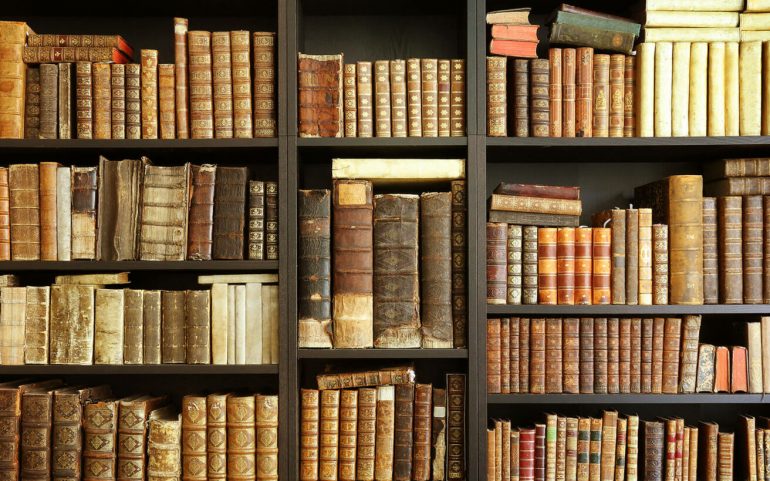How far can a perfectionist go if he wants to get better at his job?
And with how much dedication can he surround his work in order to give it sacred characteristics and to stand out like anyone in his field of action?
Here the field was a dictionary. Not another dictionary, but as everything shows the first real dictionary of the American language.
And so went down in history the great and profound Noah Webster, who gave his name to the landmark of lexicography, which is now known as Merriam-Webster.
He is typically called the "Father of American Lexicography", as he carried not only a complete dictionary, but also a comprehensive lexicographical study.
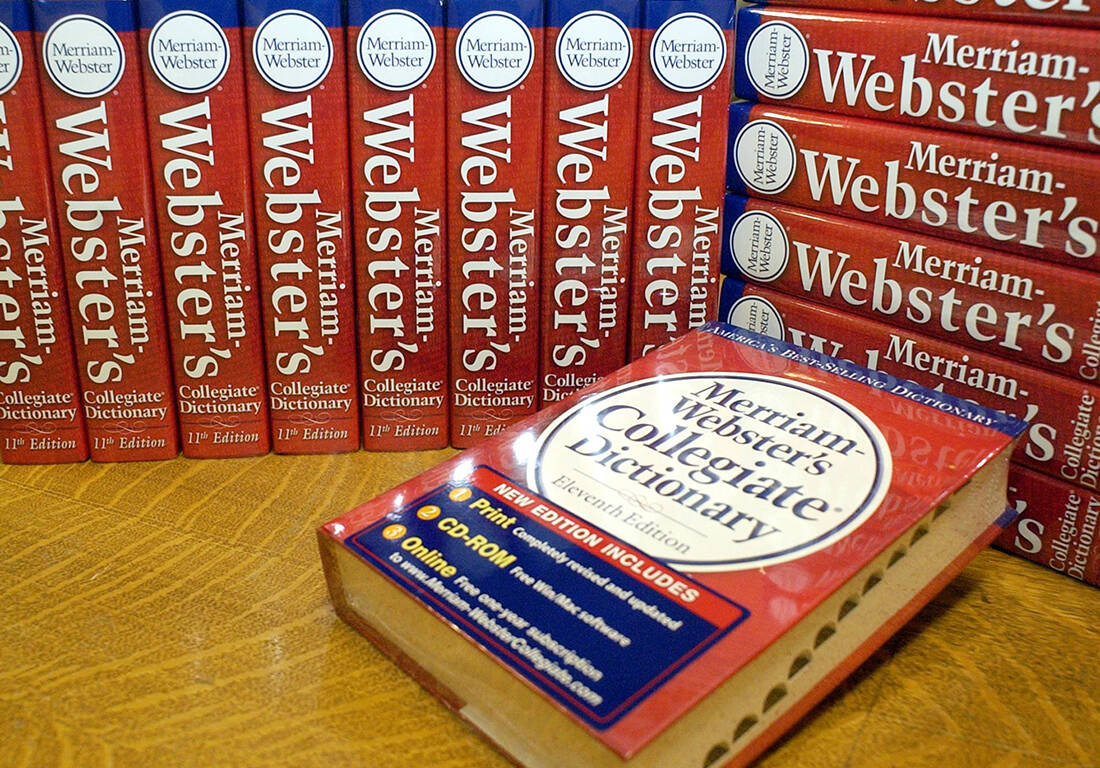
Even if in order for all this to happen he needed to learn even Sanskrit! Although we now know that he was not the first American to write a dictionary, he was the one who would become synonymous with American lexicography.
Webster did not just make a list of words, but a complete presentation of the American language, with the special spelling and pronunciation that many English words have on the other side. Atlantic.
The American Dictionary of the English Language typically named his work in 1828, and in order to research etymology and sources, he also had to learn the languages from which the language borrowings came.
He had to learn 28 languages to translate 70.000 entries and include the first definitions of words that were born in the everyday life of USA.
It came so far…
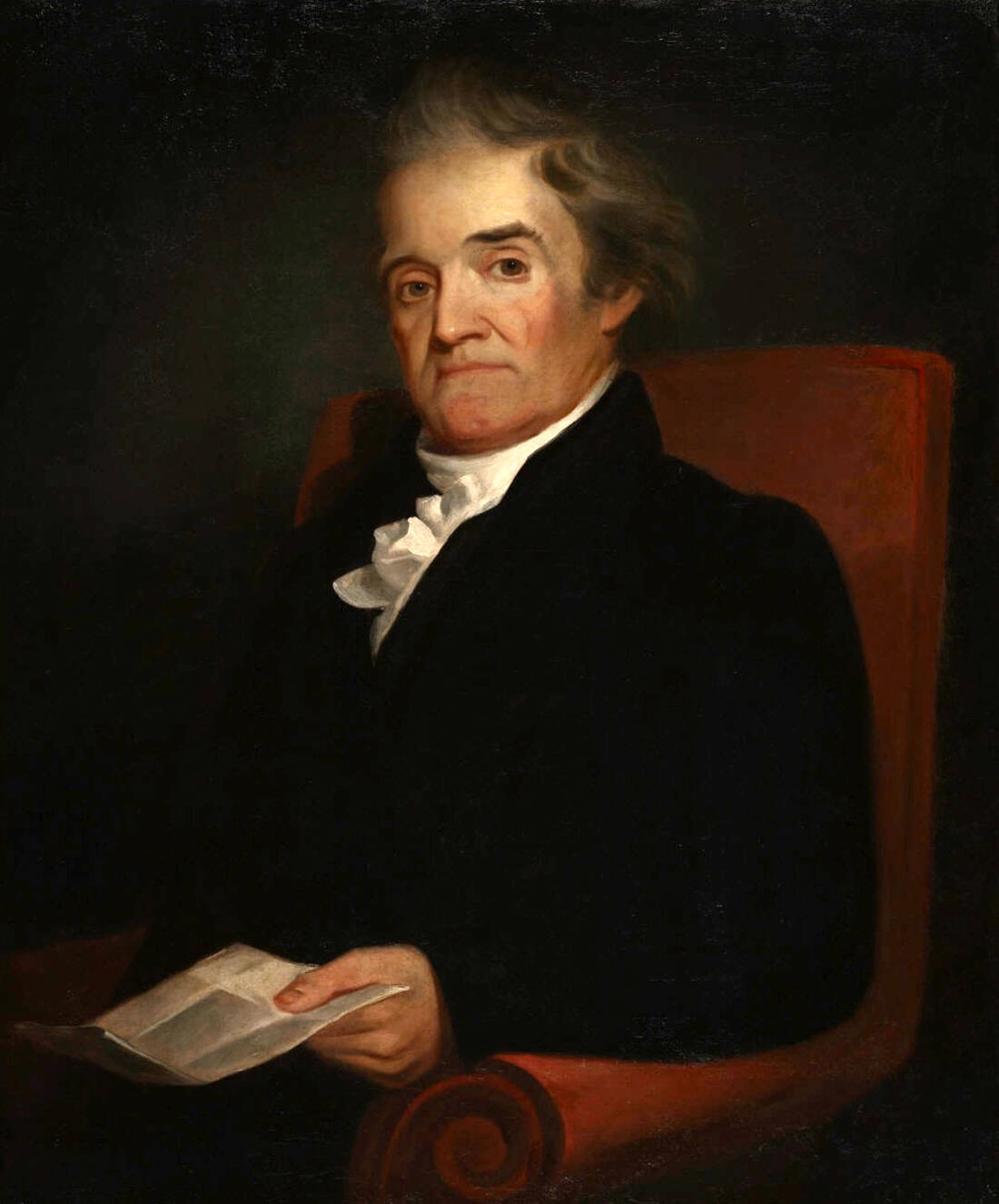
Born in Connecticut in 1758 into a wealthy family, Noah Webster grew up in the gunpowder-smoked years of the American Revolution. He studied at Yale during the US national liberation struggle and his father mortgaged his estates to pay the expensive tuition.
After graduation, he taught as a teacher in schools and saw first hand the tragic state of education. But also its dependence on the British system.
He then acquired his passionate views on the complete cultural liberation of the United States from European influences, calling for a discreet American language from English. With its own idioms, prosody and style.
While the war was raging, he studied law, did a postgraduate course at Yale and at some point opened his own school in Connecticut.
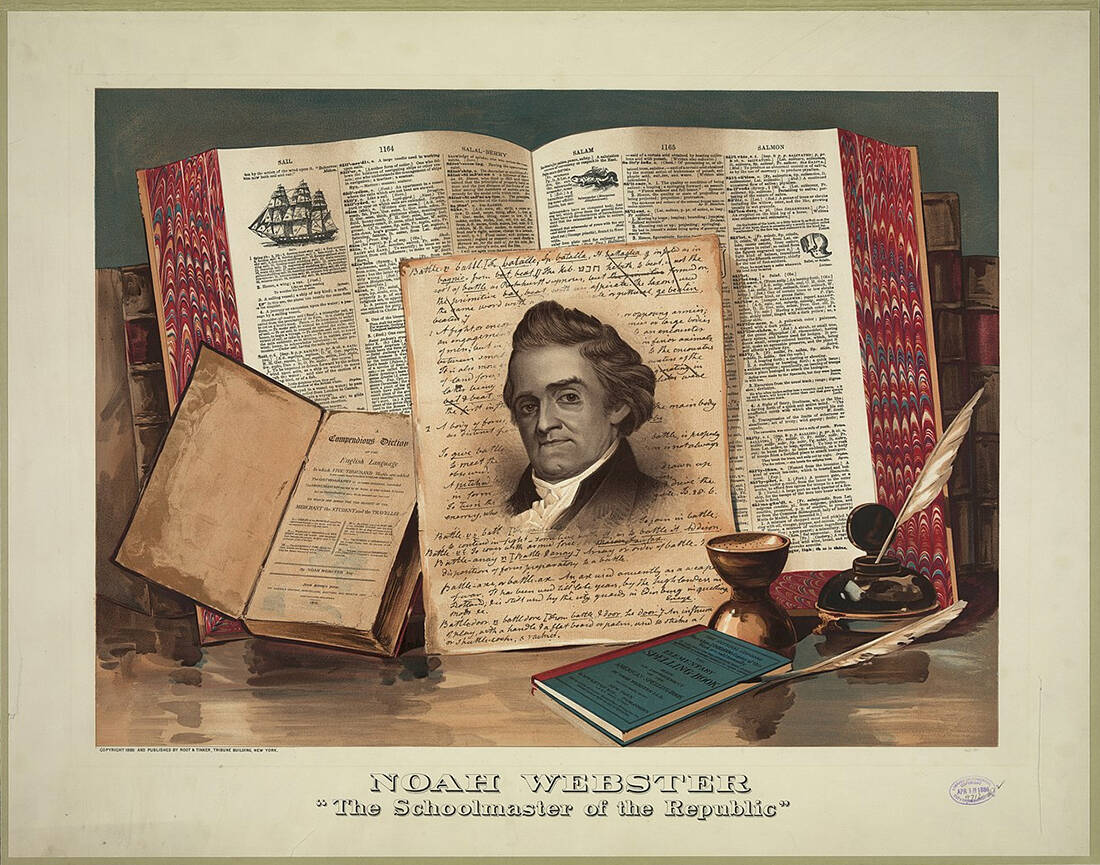
After locking up his school and marrying a lady of good company, he moved to New York, where he opened a new private school and now publishes the city's first daily newspaper ("American Minerva").
At the same time (1785) he wrote his first grammar book, a truly innovative school aid for primary school children with spelling, spelling and syntactic rules. He intended to purify the American language.
This reading aid would modernize it with the new pedagogical developments each time around… 385 times in his life!
He sold over 15 million copies while his author was alive, grabbed every commentator in America and gave him the financial breath he needed to get on with his big dream…
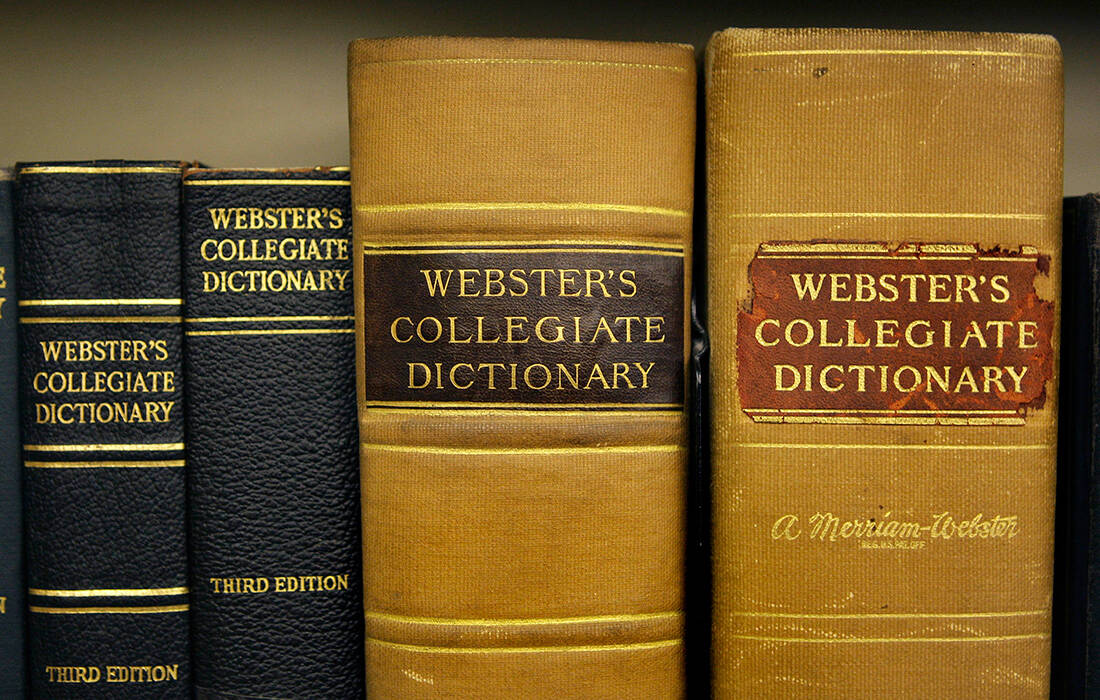
It was in 1806 that Webster published his first dictionary, the "A Compendious Dictionary of the English Language", which has long been hailed as the first truly American dictionary. But he was not at all satisfied, everything else!
And so, as early as next year, his new dictionary would begin to be spelled out, an expanded and fully comprehensive work. It would take him over 20 years of his life. But also 28 languages.
Webster, in order to deliver the glorious "An American Dictionary of the English Language", decided that he had to get to the roots of the words. Only then could he appreciate and evaluate the real thing etymology their.
So he learned Anglo-Saxon, Gothic, Greek, German, Latin, Italian, Spanish, French, Dutch, Welsh, Russian, Hebrew, Aramaic, Persian, Arabic, Sanskrit and in some languages and their idioms (such as Old English). It was a titanic feat that is hard to find in world history.
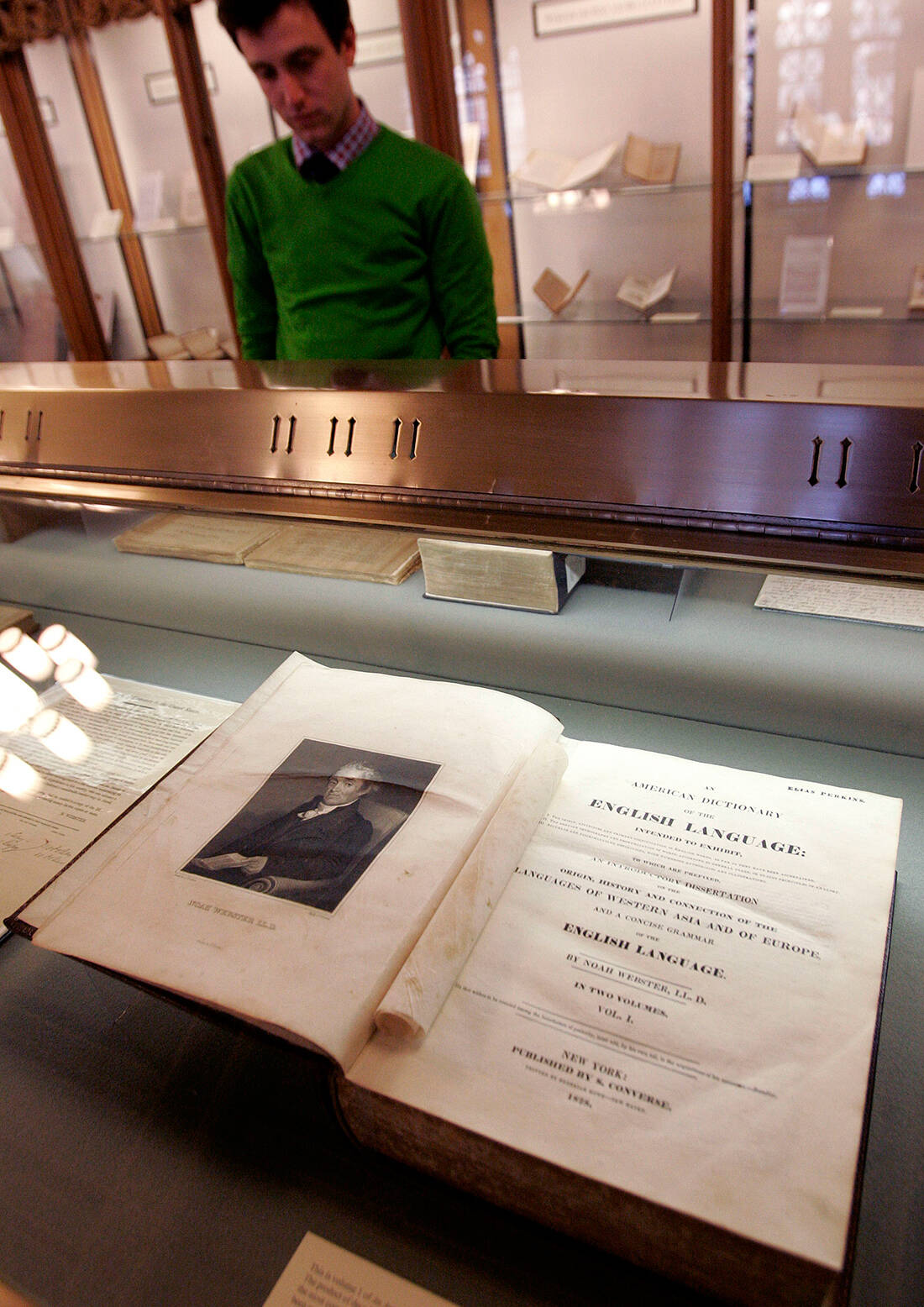
At the same time, in order to define what he called the "standard American language", he had to come into contact with the English dialects spoken by the immigrants in so many corners of the New World, learning first hand their pronunciation, morphology, syntax and vocabulary.
And all this just to weigh the sources of the language spoken in his homeland! And he was right. The dictionary was published in 1828 and its impact on world lexicography was colossal.
The 70.000 entries it contained were so comprehensive that everyone hailed it as the best lexicographic work ever done. Leaving in history the oldest station in history, the British masterpiece of Samuel Johnson of 1755.
But again, Webster was not completely happy. And so he immediately started writing the second version of his dictionary, but time would catch up with him. He died in 1843 and did not manage to sign it. The 15 stood a little for what he had in mind.
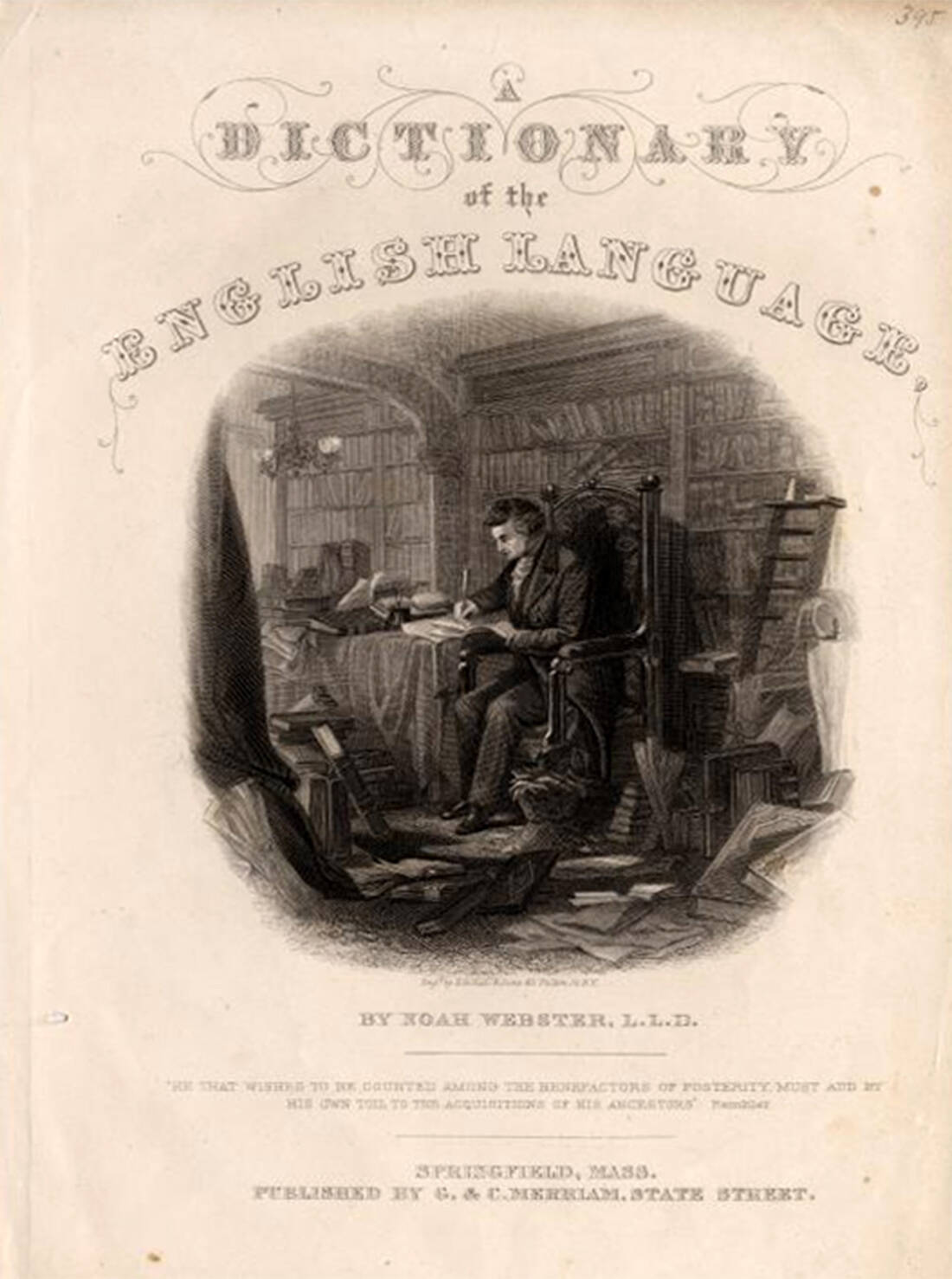
Meanwhile, while promoting his first dictionary, brothers George and Charles Merriam founded in 1831 their publishing house G. & C. Merriam Co. in Massachusetts (renamed Merriam-Webster Inc. in 1982).
The brothers bought the unallocated copies of the 1841 update ("An American Dictionary of the English Language, Corrected and Enlarged") and after Webster's death acquired the rights from the heirs of this lighthouse.
It was the beginning of a great publishing tradition that continues to this day and is for nearly 2 centuries known as the Merriam-Webster dictionary.
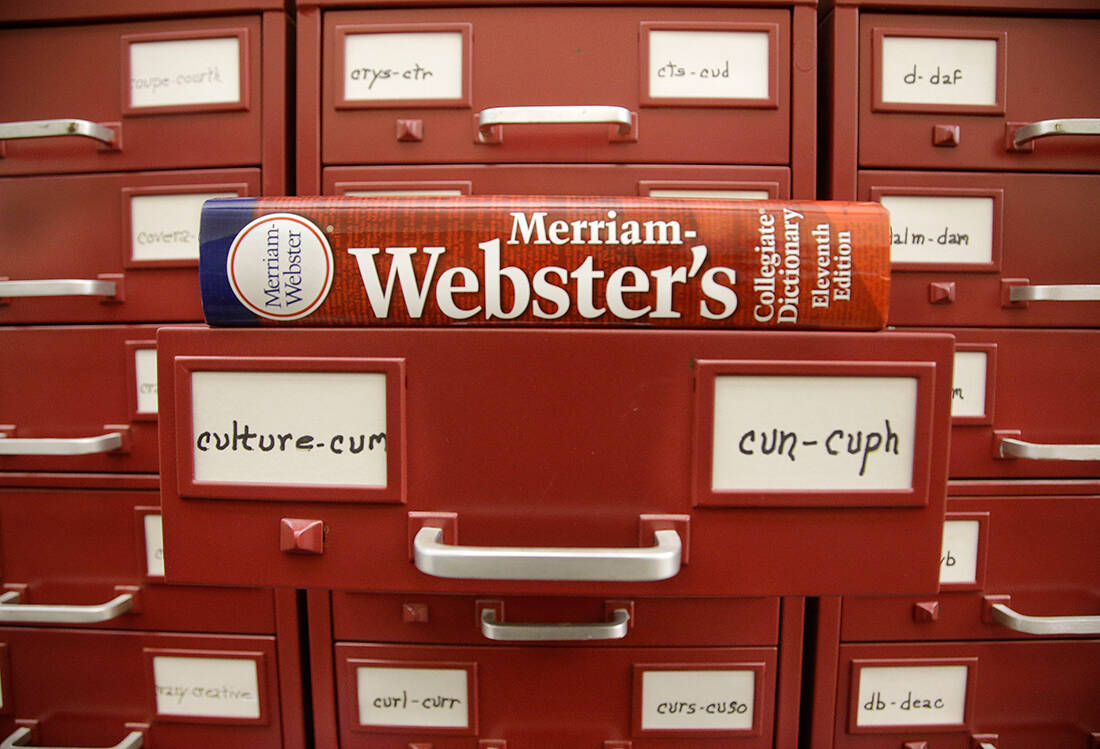
Noah Webster's work, both his monumental dictionary and his school supplies, monopolized the educational community and its classrooms. USA for almost a century.
At the same time, the distinction between American and English was a point with enormous political implications for a fledgling nation seeking its character. To the same we owe the differences between British English and American English, especially known in words such as "color" and "color", "center" and "center" and so on.
But his work itself was of colossal standards. That is, where Robert Cawdrey's first English dictionary (1604) contained only 3.000 words, and Samuel Johnson's iconic dictionary did not exceed 43.500 words, Webster compiled a complete list of 70.000 words. Of which 12.000 had never appeared in a dictionary.
Forcing her Oxford to eventually imitate him by publishing the Oxford English Dictionary. The world of dictionaries would never be the same again.
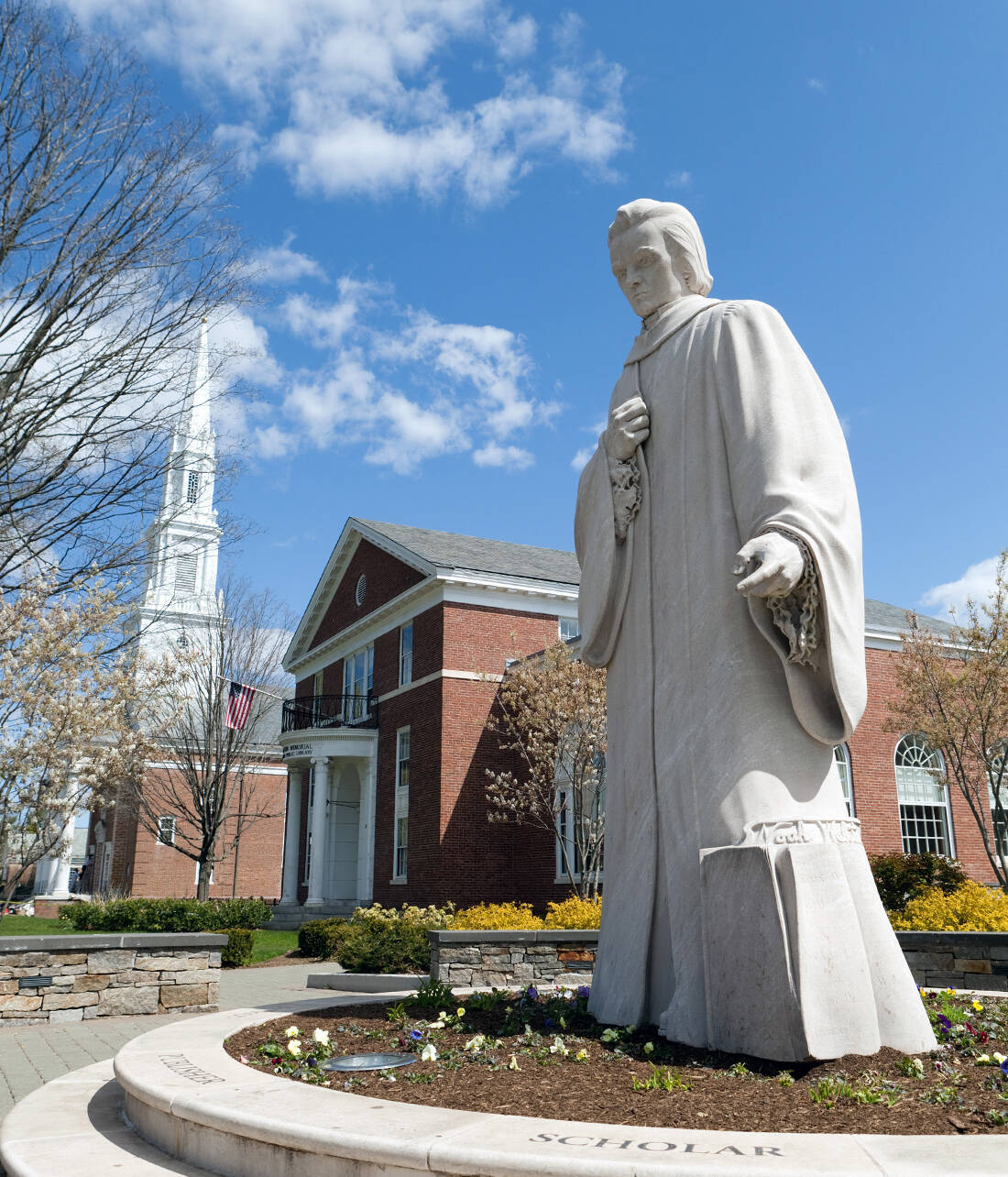
Webster was a living man who lived life to the core. He closed his first school because of a failed love affair. Despite his studies, he spent long periods of time unemployed and did many things to survive, as despite the financial surface of his parents and his wife later, he never had any real money.
He became a journalist, became a political theorist, founded a second school exclusively for the ruling class, published newspapers, wrote articles, ran political rallies and much more. And it was ultimately the school aid he got that would make him rich, allowing him to devote himself unabated to his dictionary.
When he published it in 1828, at the age of 70, he sold only 2.500 copies and put him in big financial trouble.
He borrowed money to build clubs and political movements and had fanatical friends and fierce opponents. All of them Republicans that is, who went to great lengths to come up with difficult words to slander him. Difficult words like the ones he was spelling.
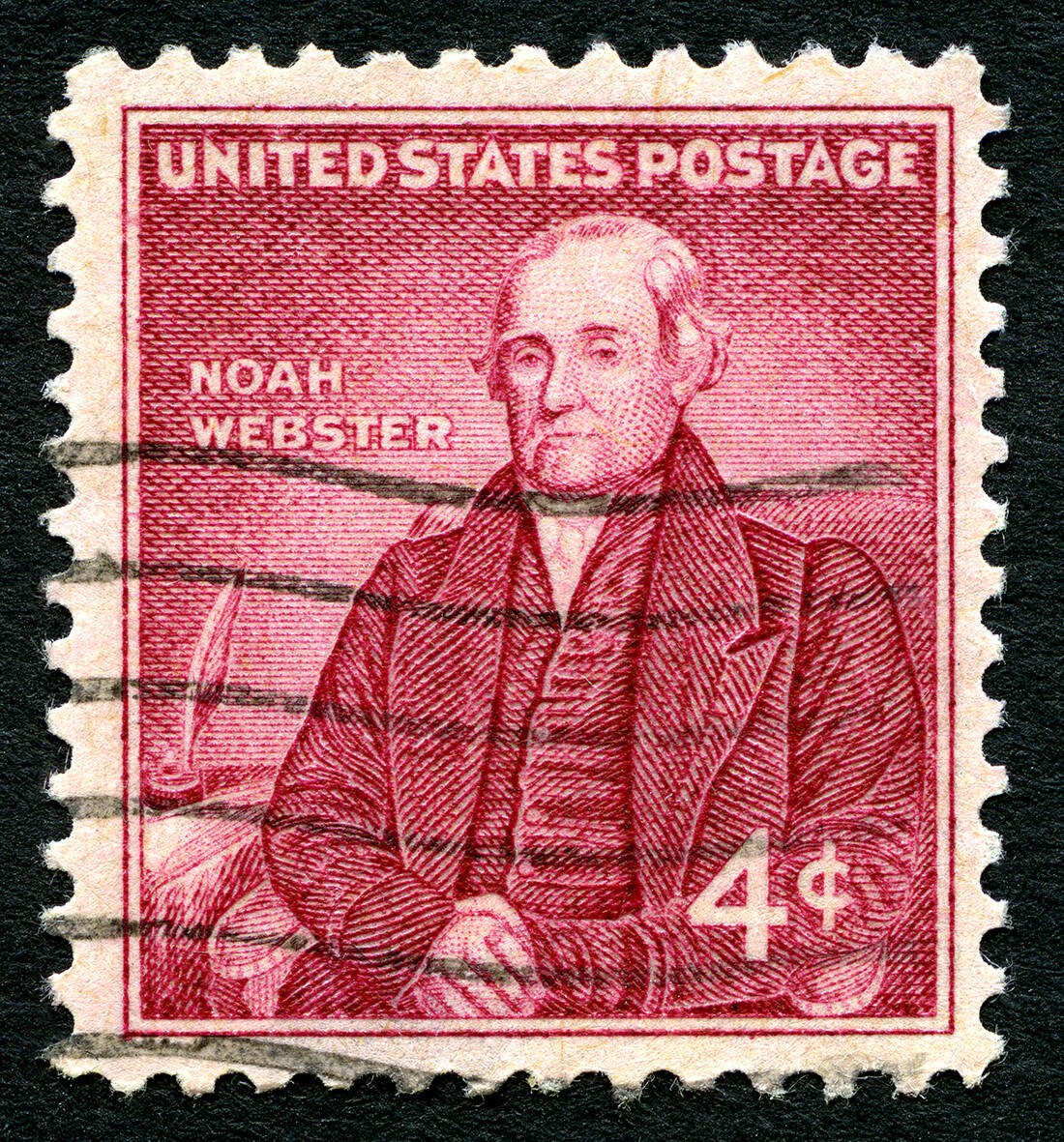
He was progressive, liberal, he spoke against her of slavery before such issues even arose and openly promoted an educational reform with things that would become commonplace decades later.
In all, he had 8 children and found the time to write so many different things that the complete bibliography of his works spans… 655 pages.
One and only.
